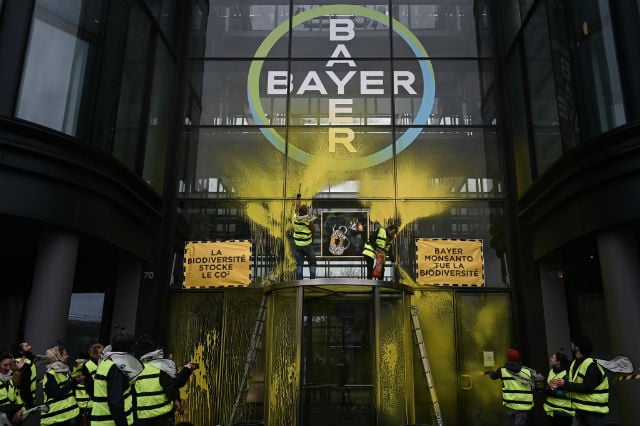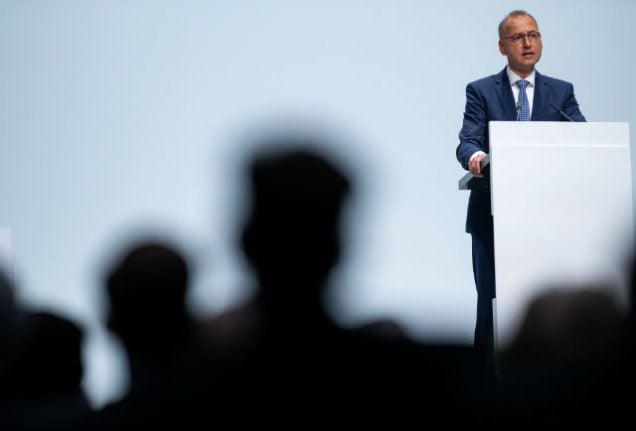Paris judicial police will carry out the probe following a complaint by the daily Le Monde and one of its journalists, whose names appear on the list, the Paris prosecutor's office said.
Two anti-pesticide NGOs — Foodwatch and Generations Futures — are also preparing to lodge legal complaints over the alleged lists.
The investigators will look into the possible “collection of personal information by fraudulent, unfair or illicit means”.
US giant Monsanto allegedly had public relations agency FleishmanHillard draw up the files on the opinions of the targeted people and media bodies on the controversial weedkiller glyphosate and on genetically modified crops as
well as their propensity to be influenced in their opinions.
Figuring on the list are politicians, scientists and journalists — including four from AFP (Agence France-Presse). Information was collected on their views on pesticides and on Monsanto as well as their leisure pursuits, addresses and phone numbers, according to the France 2 public television channel.
Some of the names were listed under categories such as “priority targets” and “potential allies to recruit”, according to reports.
France's former environment minister Segolene Royal, whose name was said to appear on the lists, said the allegation “says a lot about the methods of lobbyists… they carry out spying, infiltration, seek to influence, sometimes financially I imagine”, adding that other companies are likely to indulge in similar practices.
A spokesman for FleishmanHillard told AFP: “FleishmanHillard and our staff are committed to compliance with applicable laws and we are committed to the highest standards of ethical conduct.
“We continue to take that responsibility very seriously and will carefully examine the questions raised by certain media outlets about the lists of stakeholders that included publicly available information.”
Glyphosate developer Monsanto was convicted in the United States in 2018 and 2019 of not taking necessary steps to warn of the potential risks of Roundup — their weedkiller containing the chemical, which two California juries found caused cancer in two users.
German pharmaceutical firm Bayer, which bought Monsanto last year, announced last month that over 13,000 lawsuits related to the weedkiller have been launched in the US.



 Please whitelist us to continue reading.
Please whitelist us to continue reading.
Member comments